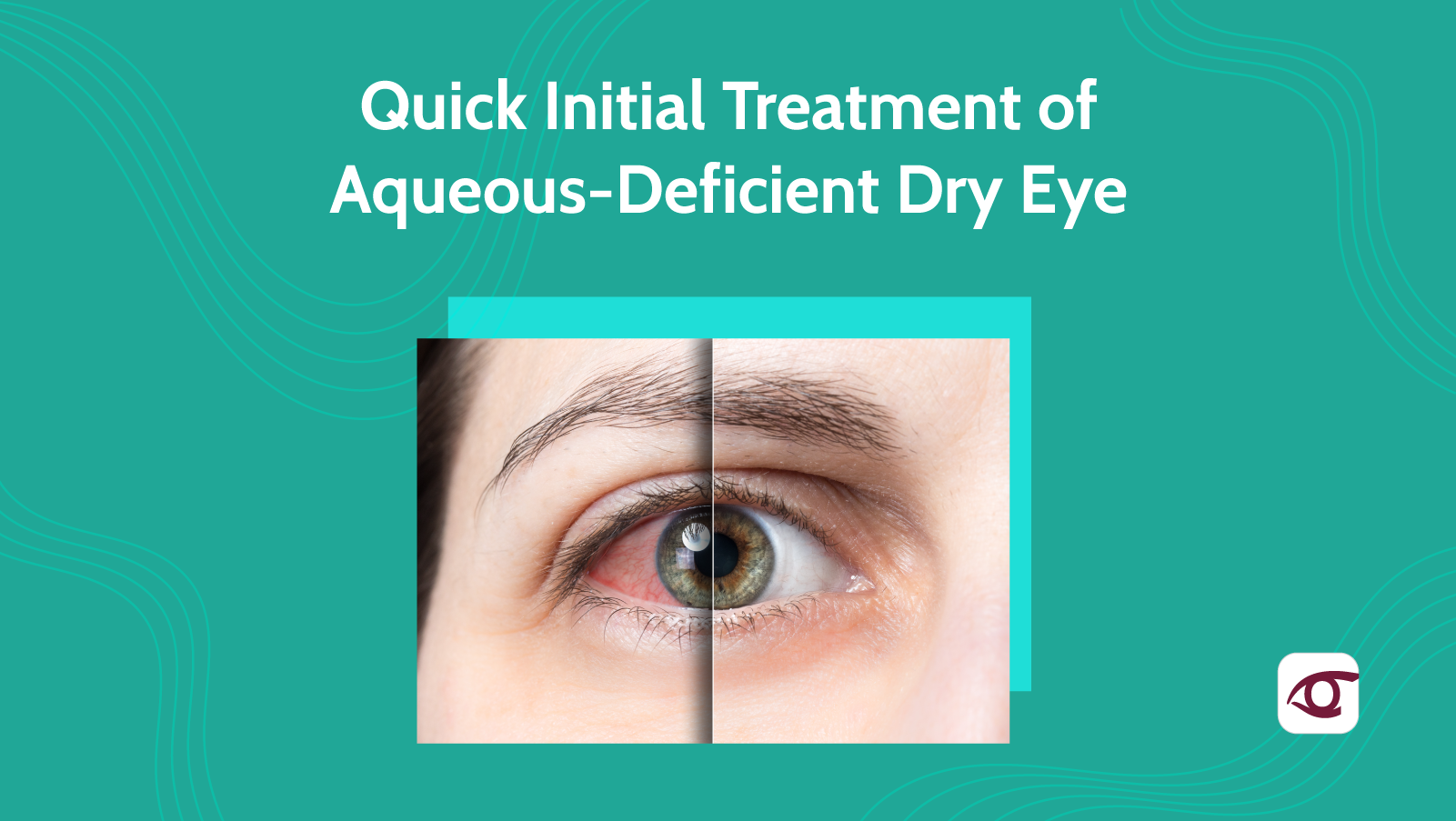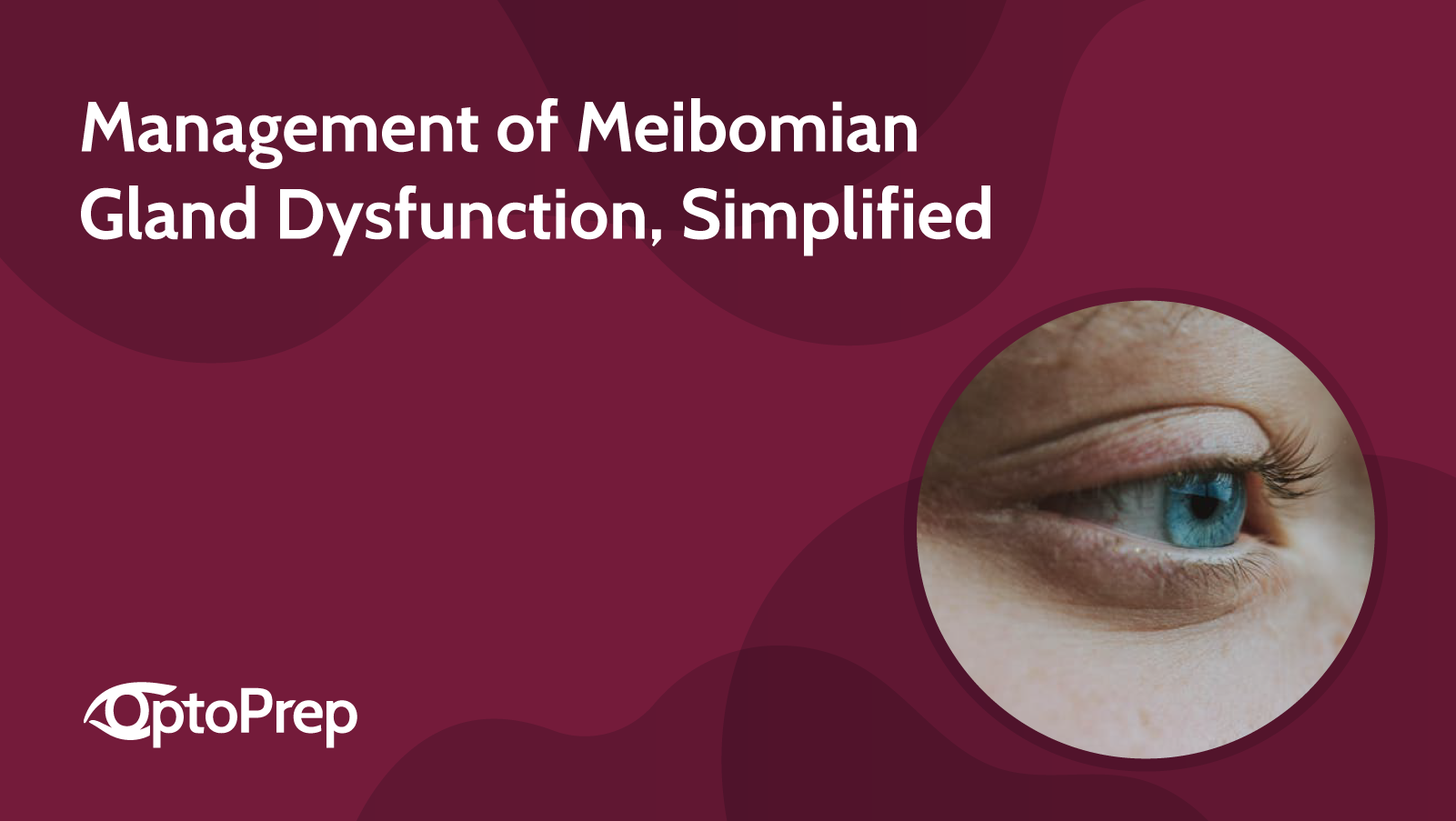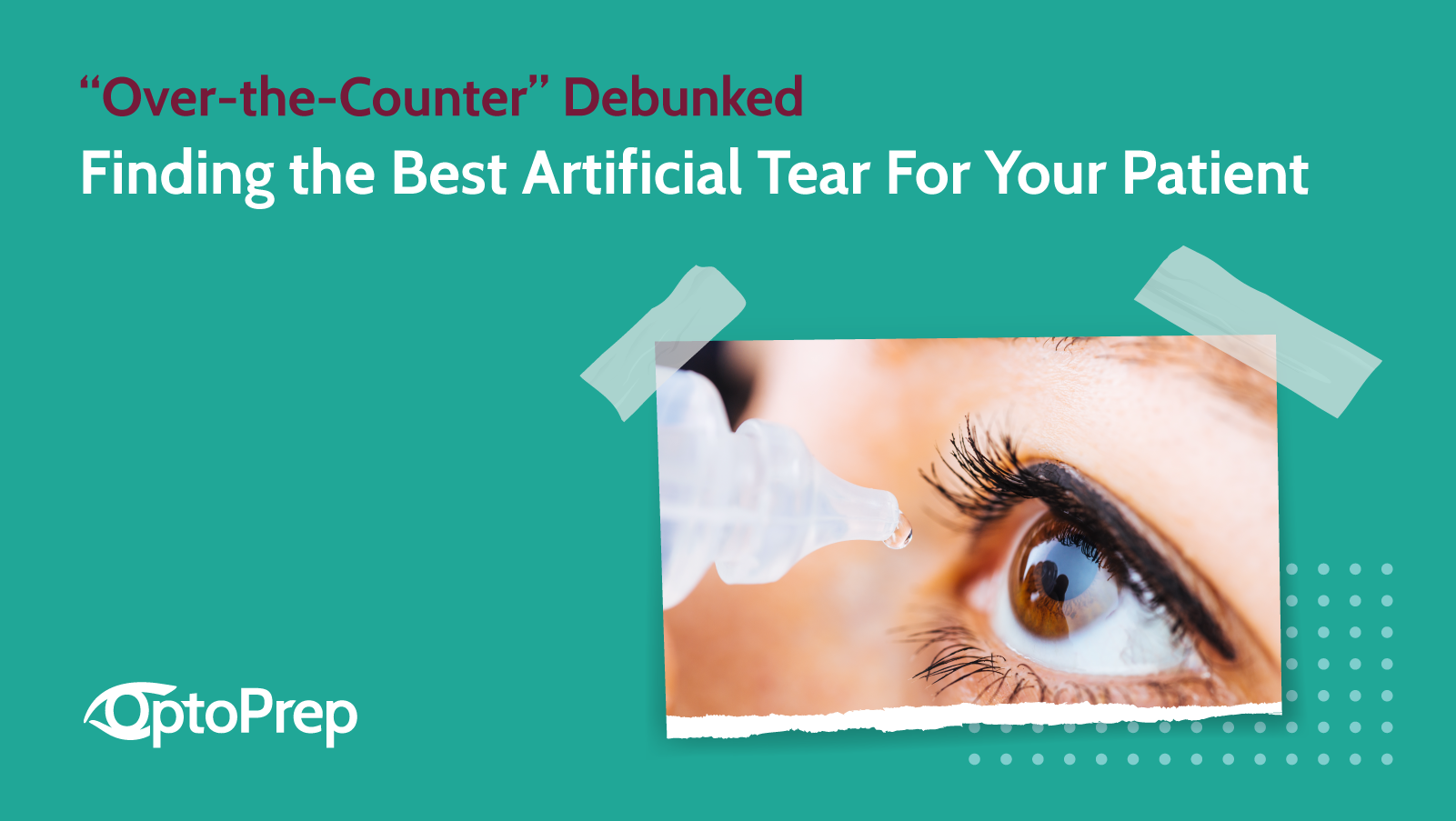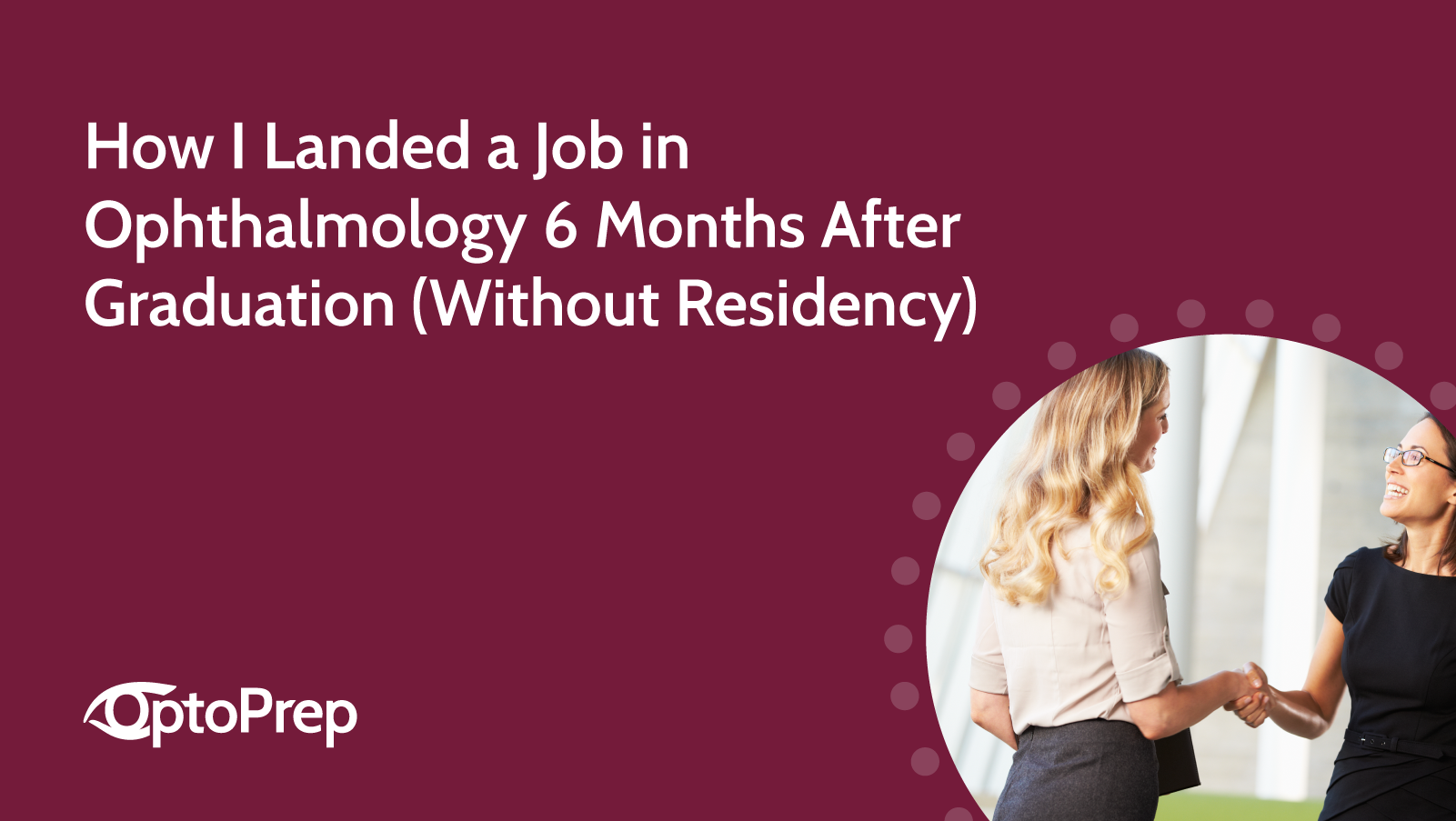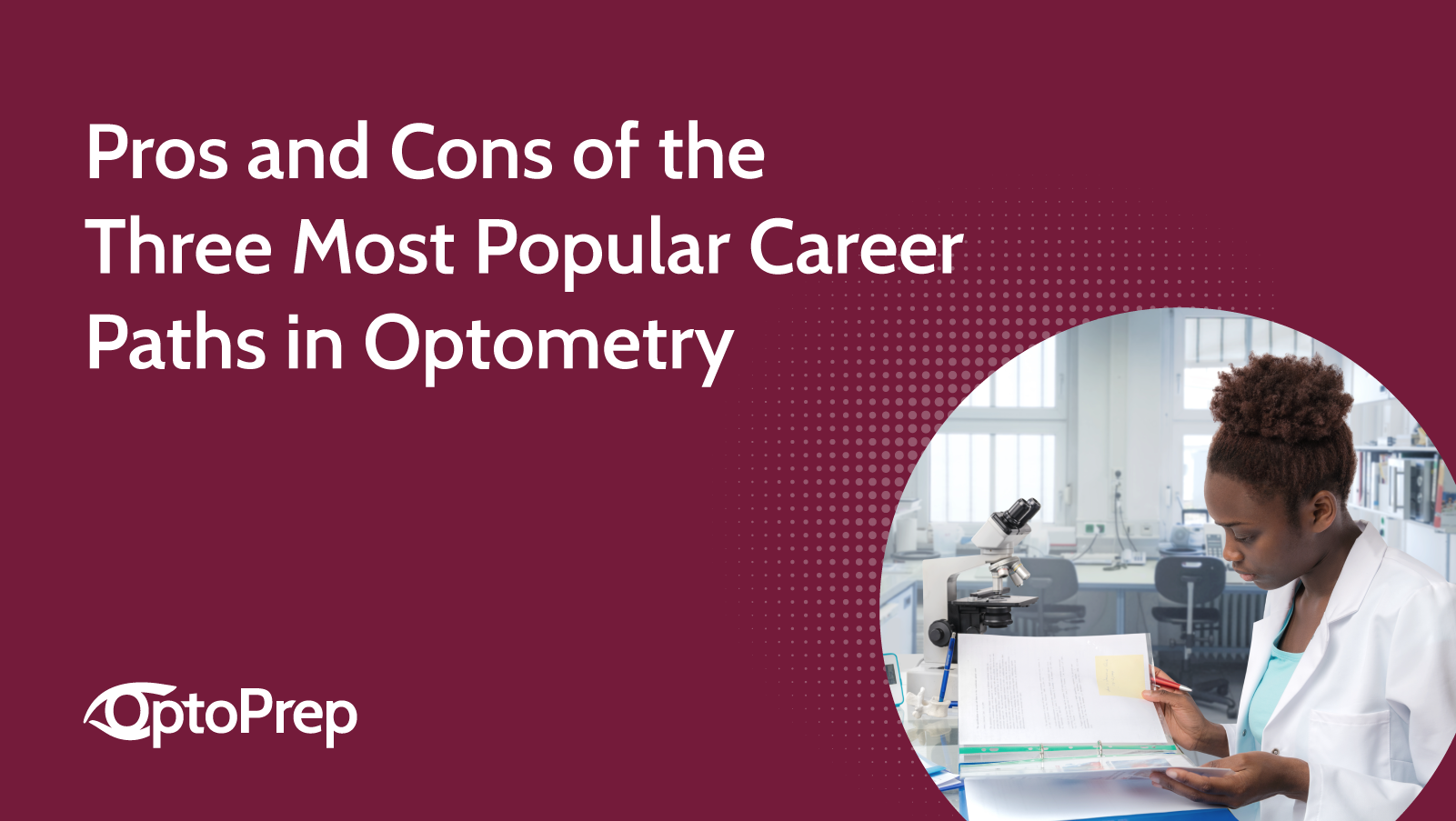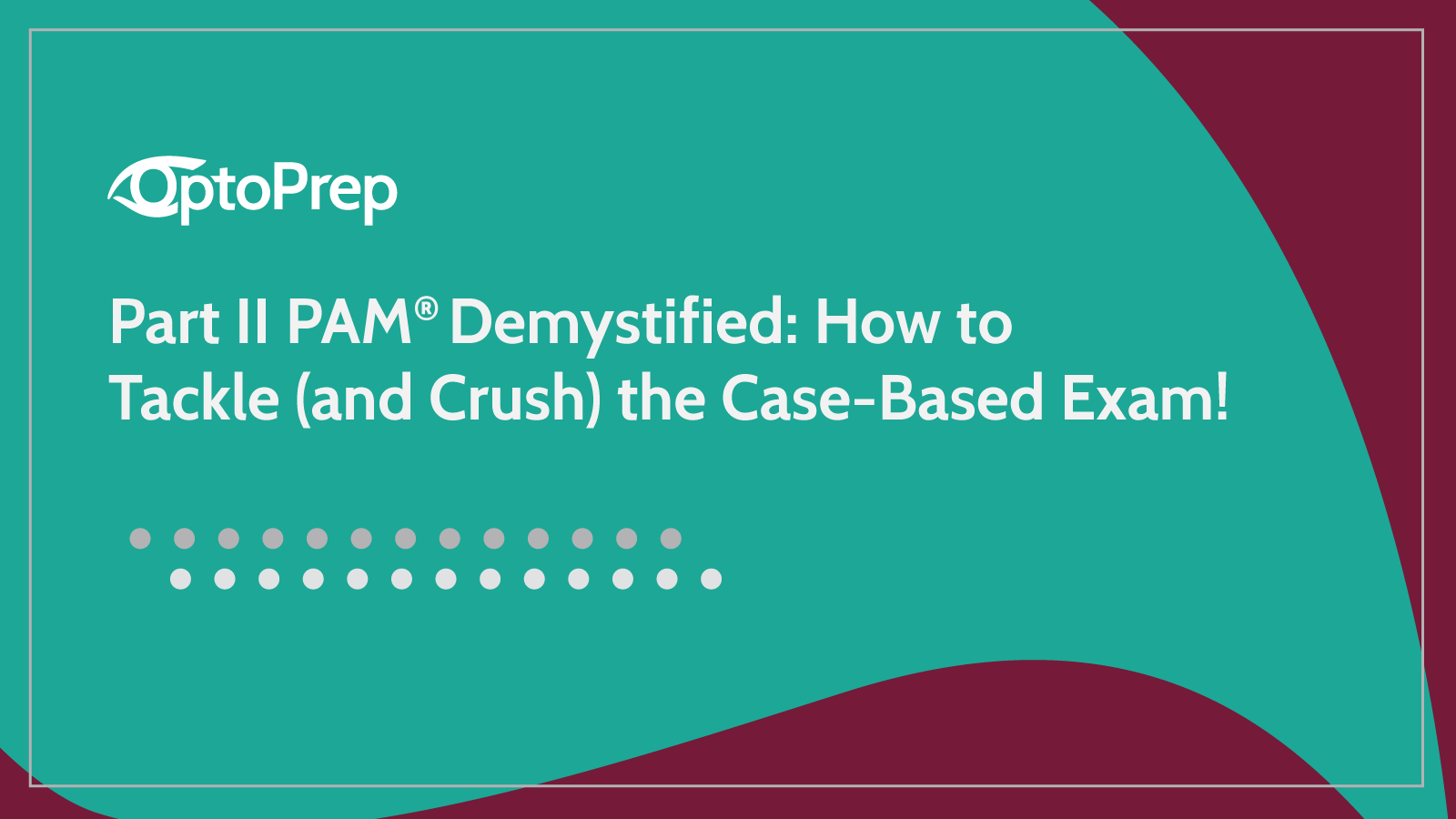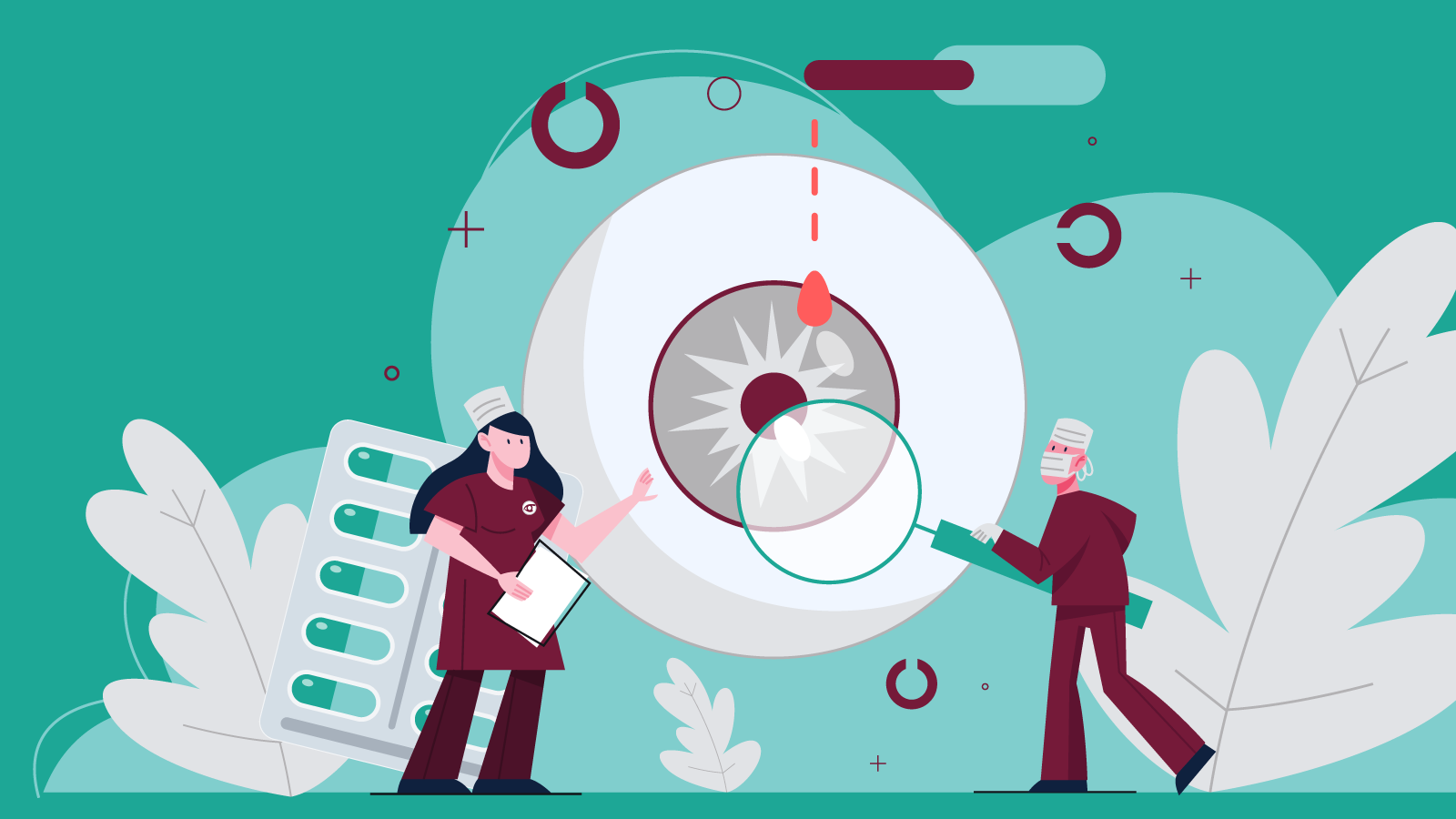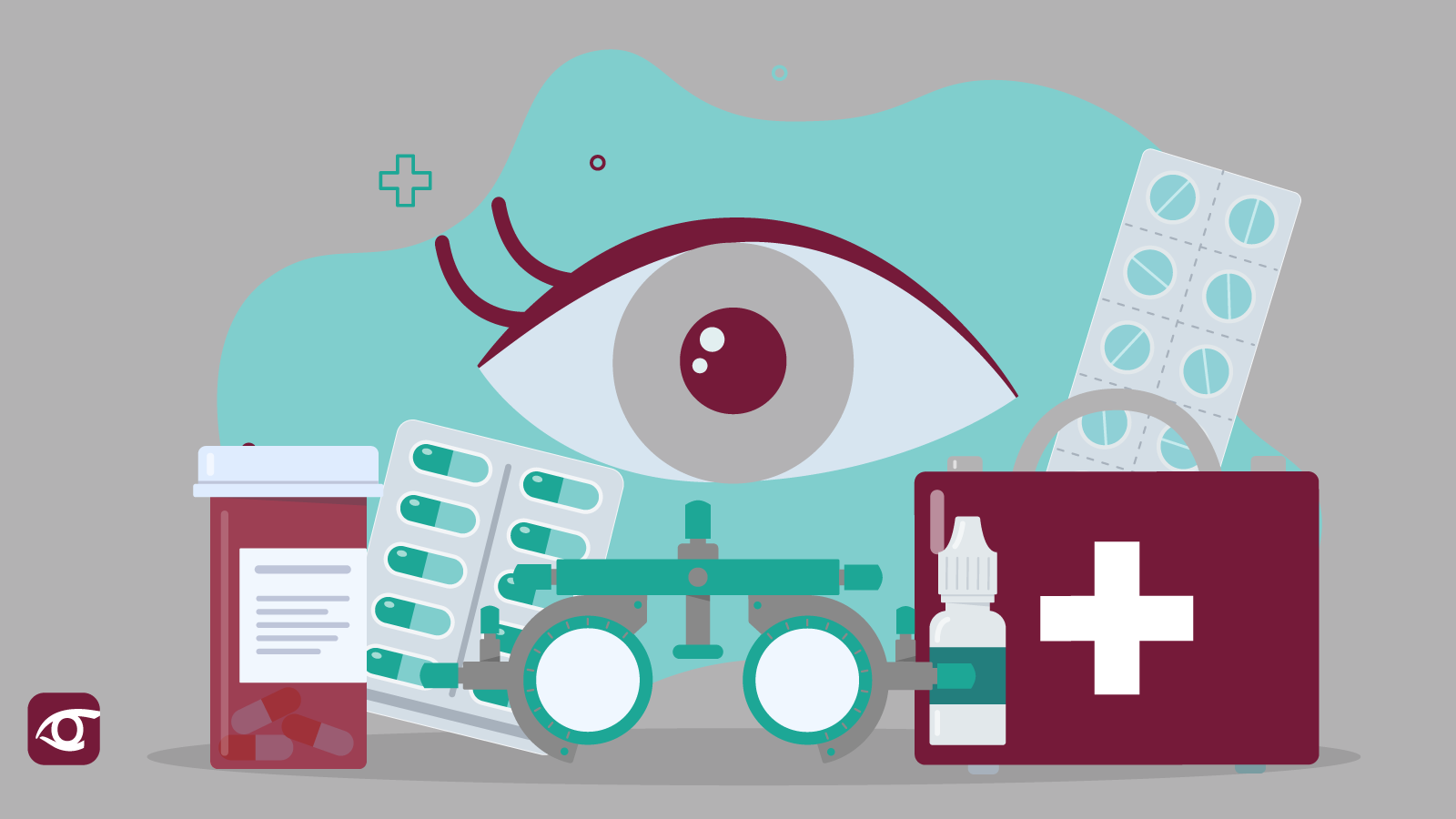You’ve already determined that your patient has aqueous deficient dry eye, now what? For years and years, doctors have prescribed artificial tears as a first-line treatment for aqueous-deficient dry eye (ADDE). However, in recent years, advancements in dry eye research have introduced brand new prescribing patterns for ADDE.
Follow Us
Quick Initial Treatment of Aqueous-Deficient Dry Eye
Topics: Dry Eye
Management of Meibomian Gland Dysfunction, Simplified
Meibomian gland dysfunction seems to be one of the most common conditions diagnosed in eye care. The condition is so prevalent, that some practitioners deem the condition “normal” unless the patient complains of symptoms.
In fact, most patients also think their symptoms are “normal” since they’ve been dealing with them for a long time.
Topics: Meibomian Gland
“Over-the-Counter” Debunked: Finding the Best Artificial Tear For Your Patient
Artificial tears are a very common treatment for all kinds of dry eye disease. In fact, they can be considered a first line treatment since many patients go out and purchase them over-the-counter for relief before consulting with a doctor. These drops are great at alleviating most symptoms of mild to moderate dry eye disease with very minimal side effects.
However, these drops are not created equally: each manufacturer uses their own technology to manufacture their version of the most effective artificial tear for multipurpose dry eye relief. Here we will compare common ingredients, including preservatives, to help you differentiate which artificial tear is right for your patients.
All of the ingredients used in the manufacturing of artificial tears should be considered when treating a patient’s dry eye disease (DED). Not every dry eye is the same, and not every artificial tear is made the same. Some active ingredients may be useful for aqueous deficient dry eye, others may be useful for evaporative dry eye. Also, some preservatives can impact the treatment process.
Topics: Dry Eye, Eye Drops, Artificial Tear
How I Landed a Job in Ophthalmology 6 Months After Graduation (Without Residency)
As a student in optometry school, I was always curious to know what it would entail to have a particular job. I often tried to research online, but found that connecting with people who were a few years ahead of me in their careers was the most critical part of determining where I wanted to be after graduation.
Pre-optometry school, my exposure to the profession had only been private practice optometry and retail settings, as I had worked in both before beginning school. Throughout my professional training, I wondered why there were procedures I was seeing for the first time, despite having experience and being present in an optometry office working as a technician.
Topics: Optometry Residency
Pros and Cons of the Three Most Popular Career Paths in Optometry
Optometry offers a lot of flexibility when it comes to practice settings and environments. However, from a new graduate’s standpoint, it’s hard to get an honest representation of a practice setting without actually spending time within.
Some students never have exposure to a particular practice setting until after graduation when it’s time to look for a job. Knowing what you’re getting yourself into is a very important part of the initial job search.
Here are some pros and cons compiled by anonymous docs that can help you determine which common practice setting is right for you. This post is intended to help guide the initial job search. By no means does this replace the value of actual experiences!
Topics: Career Choice
What happens if I don't pass the TMOD® ?
This is a question that runs through every single student’s mind while studying for NBEO® Part II. In fact, it’s probably one of the most researched topics when it comes to Part II. So, whether you’re purely just wondering, or you actually have to take TMOD® again, here is some info to ease your mind and help you prepare.
PAM® Demystified: How to Tackle (and Crush) the Case-Based Exam!
In the previous blog post, we talked about the similarities and differences between NBEO® Part I and NBEO® Part II. Taking all of the differences into consideration, it is important to know exactly how to dive into a PAM® case and answer the questions effectively and efficiently.
The NBEO® website offers many tools that can be used to study as well as a handful of real PAM® cases to familiarize you with the format. As mentioned before, it is very important to have access to quality PAM® cases written by experts to make sure all of the important points are covered while preparing for the exam.
Topics: PAM
How NBEO Part II Is Different From Any Test You’ve Ever Taken
Chances are that if you’ve made it through the first three years of optometry school, then you probably know how to take an exam. Exams are a part of the standard process of learning.
However, NBEO® Part II is structured very differently from all of the rest of the exams that you have taken during and prior to optometry school. Because the format is unfamiliar to most, the way you study should be tailored to this format in order to avoid unnecessary amounts of stress and common mistakes during the examination.
Topics: NBEO Part II, Part II
Treat This Simple Condition and Become an Eye Care Hero!
Most patients dismiss itchy eyes thinking that this common symptom is tied to their seasonal allergies, which they’ve learned to deal with over the years. Many go on with their day-to-day lives accepting that itchy eyes are normal and there to stay.
The worst part is, some will just use any and every eye drop they find in hopes of relief, not knowing that just like many other conditions, the incorrect medication will very often make the condition worse.
Topics: Allergies
After Reading This, You Won’t Prescribe The Wrong Antiviral Medication Ever Again!
Optometry students and even young optometrists often fear the day they see their first viral infection, regardless of the etiology. In fact, viral infections can be one of the trickiest types of infections to treat. Starting off, I had a hard time knowing what to prescribe and when to prescribe in terms of viral conjunctivitis.
However, I’ve figured out that the once intimidating antiviral class of drugs is probably one of the easiest classes of drugs to prescribe and differentiate!
Topics: Antiviral Medication

